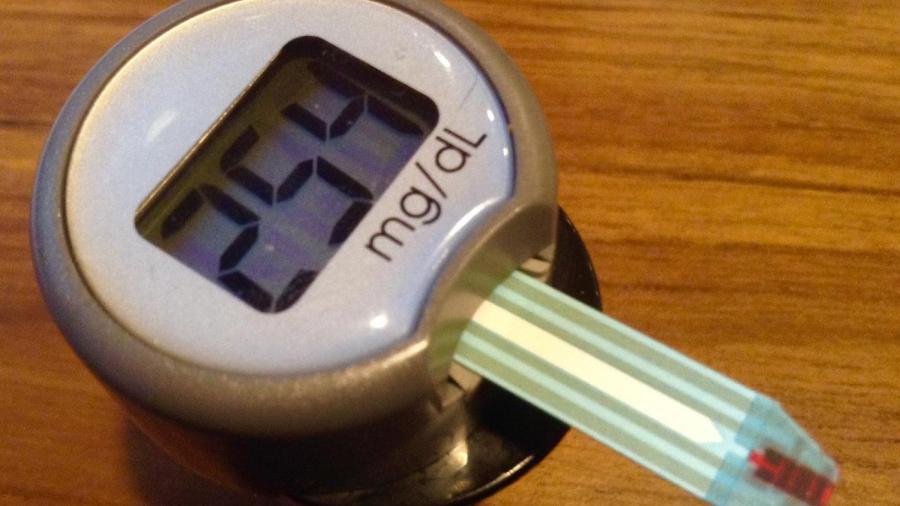What Is High Blood Sugar?
Follow Us:
Twitter

High blood sugar, or hyperglycemia, is identified by blood glucose levels that are greater than 200 milligrams per deciliter, according to Mayo Clinic. Common signs of high blood sugar include increased urination, blurred vision, increased thirst, fatigue and headache. In extreme cases, high blood sugar can cause coma and death.
If left untreated, high blood sugar can cause damage to blood vessels and organs, which can heighten the risk for certain serious events such as heart attack and stroke, according to TeensHealth. Additionally, prolonged high blood pressure can cause kidney damage, vision problems and nerve damage. These risks often become greater when blood sugar levels are not easily controlled.





